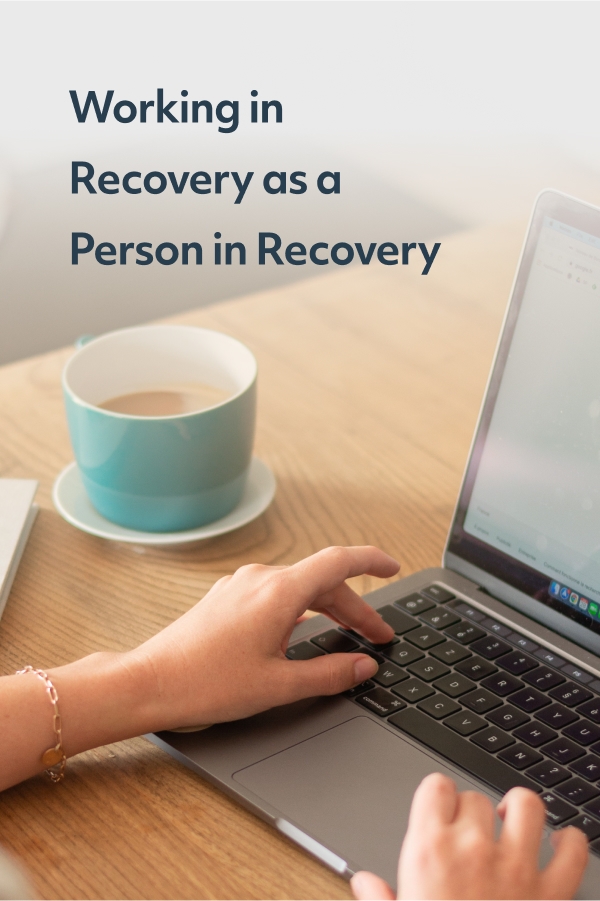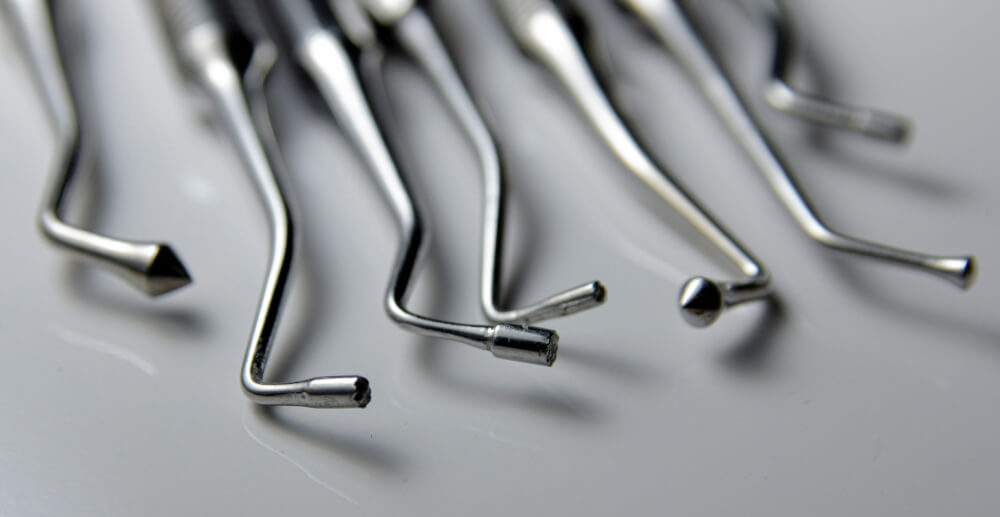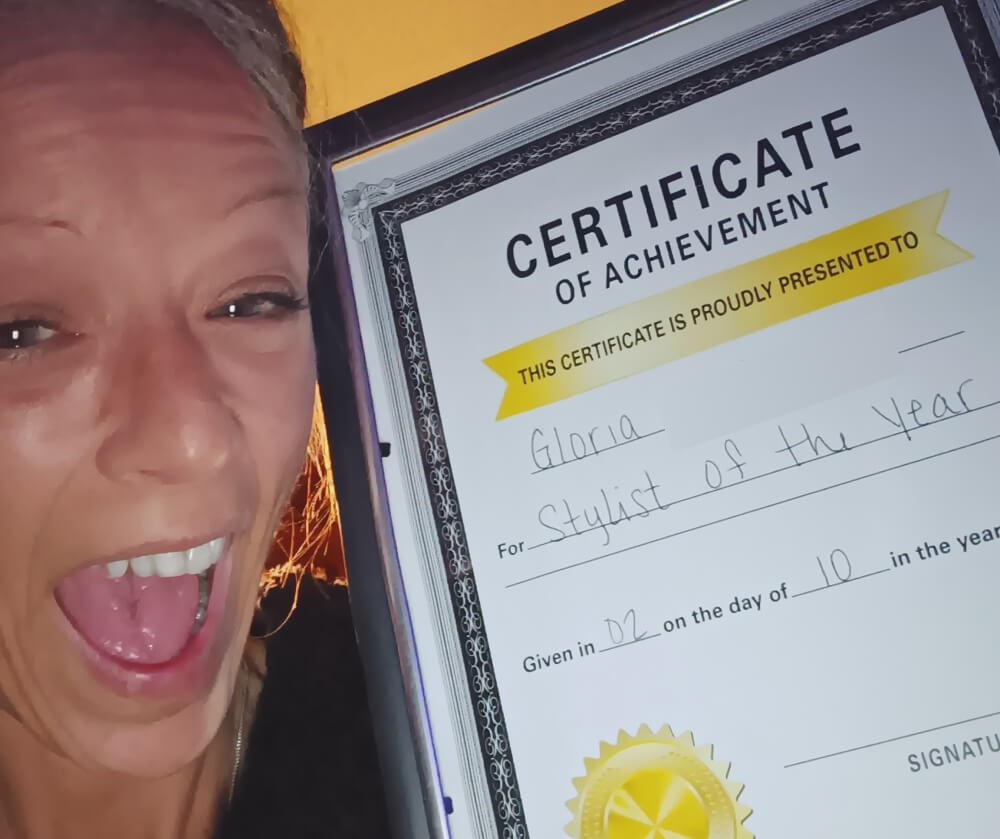I was 18 months sober to the day when I heard, “We are extending an offer of employment here at WorkIt Health.” I was ecstatic. The previous 18 months had been the roughest time of my life. After being a slave to drugs for years, I had made radical changes to keep my sobriety. Rehab, therapy, and medication were all a part of that 18 months, plus much more. Hearing that I was being offered a job in the recovery field was the icing on the cake for all the hard work I had put in. I was ready to share my story and be vulnerable to new people in recovery. The values WorkIt Health carries internally and externally are aligned with my own. I called it my “dream job,” and still to this day it is!
Just like any job, I had training galore. Much of this echoed what I’d learned in recovery and what I knew of the company values. It really made me feel I was in the right place. I was able to meet many of the people at WorkIt and learned some of them were in recovery as well. It truly felt (and feels) like a family here. We celebrate our personal successes and comfort each other during our lows. I was doing great with WorkIt Health! Talking with people starting their recovery journey filled my soul. I started blogging about my own personal recovery, and my writing was shared with our members on the company blog. I was able to be my authentic self and be as vulnerable as I wanted to be.
Working in recovery isn’t enough to keep me healthy and sober
Not only do I have a substance use disorder (SUD), but I also am dual-diagnosed with PTSD. I suffered quite a bit of trauma throughout the years. My battle was not just with substances, but with my mental health as well. It was always very difficult to determine what in my life I needed to focus on. Because of my role at work, it was very easy to put all my focus on the recovery of others. However, my own recovery and mental health took a backburner. This snowballed into me relapsing … more than once. I was DEVASTATED each time. I felt like I had failed not only myself, but my work and all the people I had helped there. I felt unworthy. My coworkers comforted me. They wanted me to focus on myself—my recovery and mental health. Working in recovery and being in recovery is not always an easy combination.
Lessons I’ve learned from working in recovery as a person in recovery:
Working in recovery is not YOU working YOUR recovery.
This concept was a huge lesson for me. I’ve always wanted to help people, but helping people isn’t taking care of myself. Being sober and staying sober are not easy. If you are in a 12-step or other organized recovery program, you have to keep attending and being active. Doing a good job at work is not the same as taking care of your own recovery needs. You can’t lessen the effort you put into your own recovery and assume that work will fill that need.
Boundaries and open communication are EVERYTHING
I always felt I had to share every detail of my life to build rapport and relationships with clients. I would be completely vulnerable, our conversation would end … and I would be left alone feeling vulnerable. At first, this was not a big thing, but over time it began to wear on my mental health. I know this happens to other people, too. You have to pay attention to your mental health and where you are at in your recovery. Sometimes you may not be in a good head space to do some work. THIS IS OKAY. I am very lucky that Workit Health supported me throughout my journey. If your job or the way you’re doing it is causing you distress, have an honest conversation with your employer. They may be able to accommodate you. If adjustments can’t be made, then that employer might not be right for you. Don’t put your mental health or sobriety at risk.
SELF-CARE
Self-care has always been my nemesis. For myself—and I am sure for many—being in recovery requires a level of selflessness. Add eight hours of work on top of that, and you are fried. I always want to help people and exhaust every resource I have: mental, physical, and spiritual. I had to learn to engage in self-care. This isn’t instinctive, and it’s not one-size-fits-all. Self-care is learned and specific to you. Mine has changed so much over time. In early recovery, everyone preached the miracle of meditation. I hated to hear that, because I can’t sit still for three minutes. I had to find out what meditation was for me. Gardening, painting, traveling, movies, and cooking all are in my repertoire now. So if the recommendations you hear for self-care practices don’t work for you, find alternatives that do!
I never thought my passion for helping others would extend into employment. I have so much gratitude every day I get to clock in for work. One last thing to remember: WE ARE HUMAN! We make mistakes, our clients make mistakes. We are human and that is a part of who we are.









